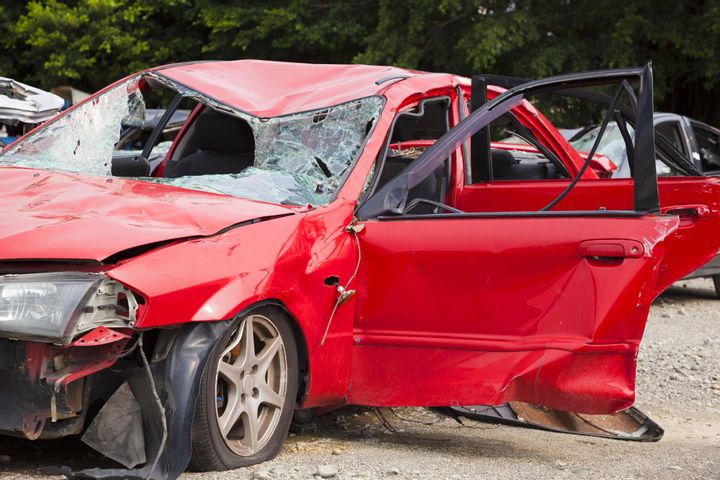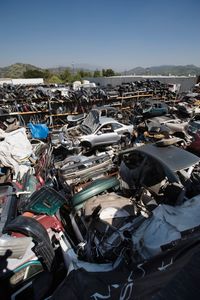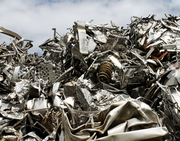
When your car can no longer be driven and is past the point of repair, you have two choices: leave it in a junkyard or bring it to a car recycling facility. Many older vehicles still have valuable scrap metal that can be used in countless applications. The team at Roadrunner Recycling in San Marcos, TX, wants to help you get the most out of your old beater, whether it’s still roadworthy or not. They share a few of the most interesting car recycling facts to help you make your decision.
4 Interesting Car Recycling Facts
1. Recycled Cars Create New Vehicles
So many people are opting to recycle their used cars rather than deposit them in a junk yard that the automotive industry can create an estimated 13 million new cars from the metal. That’s a lot of material kept out of landfills!
2. Recycling Junkers Is Eco-Friendly
 The automotive industry needs oil to run its steel manufacturing plants. The more steel that gets recycled, the less oil the industry needs to use. This has a major impact on CO2 emissions and helps keep the air you breathe healthier.
The automotive industry needs oil to run its steel manufacturing plants. The more steel that gets recycled, the less oil the industry needs to use. This has a major impact on CO2 emissions and helps keep the air you breathe healthier.
3. Supports the Local Economy
Most automobile recycling facilities are locally owned and operated. When you let a recycling facility buy your car for cash, you’re helping a local business grow and thrive. Remember, a strong local economy helps everyone in the area.
4. You Can Recycle More Than Steel
While the largest market served by car recycling is for metal, it’s not the only automotive material that can be recycled. In fact, your car tires can be repurposed for everything from clothing and accessories to road-building materials. If you want to keep the tires, you can always turn them into planters, tire swings, or even an obstacle course for your young children.
If you’re wondering what to do with your older car, contact the car recycling experts at Roadrunner Recycling today. They’ll help you sell your cars for cash while reducing your impact on the environment. Learn more about their recycling center online, and call (512) 353-4511 to find out their current recycling rates.
About the Business
Have a question? Ask the experts!
Send your question

